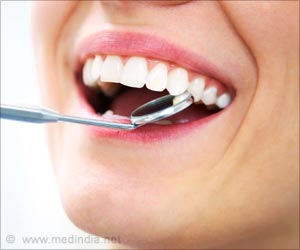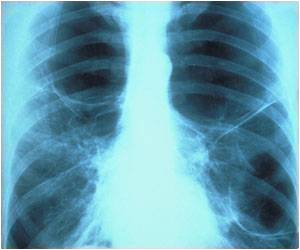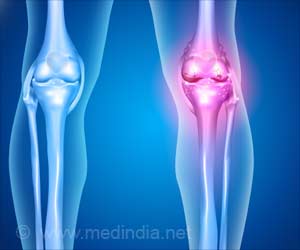Protein layer is often encountered by colonizing bacteria or attaching tissue cells. These proteins help determine the biological or pathological consequences that result in either long-term survival of the implant or its failure along with irreversible damage to the surrounding tissues from infection.
‘The interaction between the proteins contained in the biofluids plays an important role in adsorption processes.’
Using silica beads designed in Müller’s lab with various chemically modified surfaces, the researchers found that the adsorption of proteins from blood plasma is more influenced by the amount of protein adsorbed than by the composition of the protein layer.
However,the adsorption of proteins from saliva was directly impacted by the biomaterial’s surface. Adsorption was lower on surfaces that had a negative electric charge or that repelled water, countering the findings of previous studies.
By connecting surface properties to protein adsorption, the optimal tissue compatibility will improve, and prevent the microbial adhesion.
The model system of chemically modified silica surfaces developed by the researchers may serve as a platform to study the basic principles of protein adsorption from complex biofluids.
To improve the design of implant surface coatings, future research should examine the adsorption of proteins that are known to either foster the attachment of tissue cells or colonizing bacteria, and explore the molecular structure of complex mixtures of blood plasma and saliva proteins.
Source: Medindia



